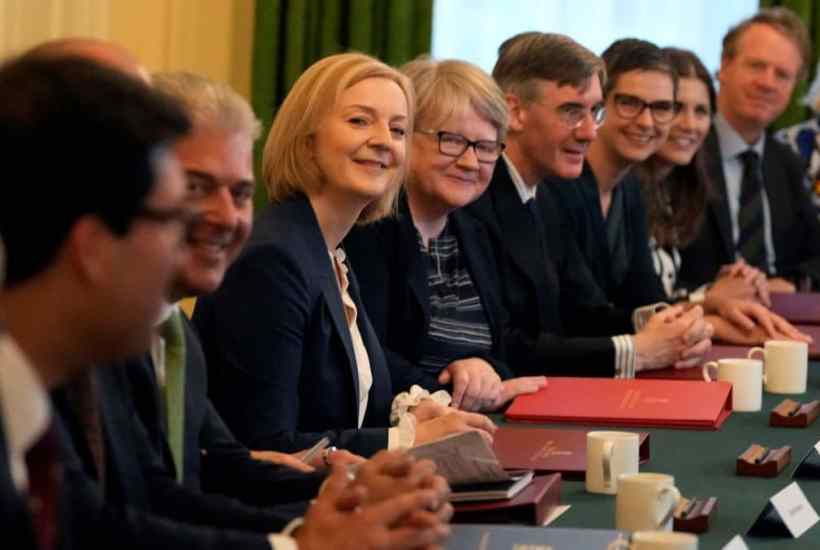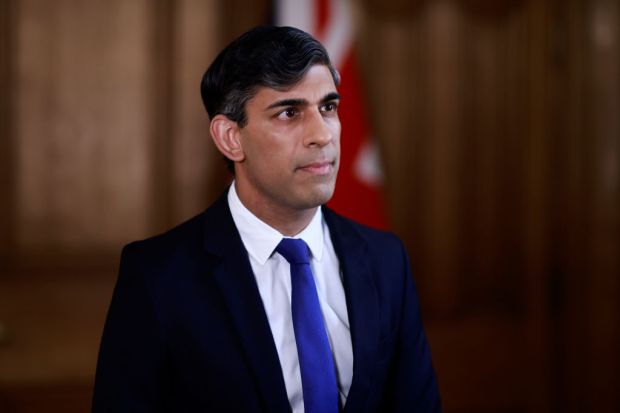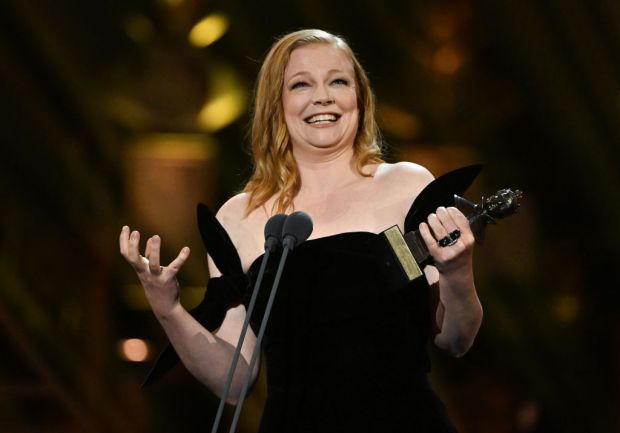Liz Truss’s ministers had not even got their feet beneath the cabinet table before they were treated to a barrage of objections to their appointments. Talk about playing the man rather than the ball. No sooner had Jacob Rees-Mogg been appointed business secretary than Caroline Lucas was declaring him unfit for the position because he has previously expressed sceptical views on climate change. She didn’t even wait to learn that Rees-Mogg will not, in contrast to his predecessor Kwasi Kwarteng, also hold the climate brief, which has gone to Graham Stuart. Meanwhile, Clare Murphy of the British Pregnancy Advisory Service lashed out at Therese Coffey’s appointment on the grounds that Ms Coffey committed the dastardly sin of voting against the extension of making abortion pills available through the post – a temporary measure during the pandemic. ‘We need a health secretary who wants to improve access to a medical procedure that one in three women will need in their lifetime, not impose further restriction,’ said Murphy.
This is how politics works nowadays. Many on the left deal less with arguments than in trying to undermine the legitimacy of their opponents. They try to impose a set of beliefs to which everyone in a public position must adhere. Anyone who fails to do this is beyond the pale, and is unsuitable for public office.
One of these subjects is abortion – or ‘reproductive rights’ as it has been branded by activists who want to deflect attention from what abortion actually entails. Anyone who privately holds views against abortion will be attacked for their suitability for public office even if they are not seeking to change the law, as Coffey has made clear she is not. The same treatment was meted out to Maria Miller when she was appointed minister for women in 2012, with one columnist trying to argue that her belief that the abortion limit should be reduced from its current level (it already is much lower in most countries) made her ‘unsuitable’ to be women’s minister.
These sentiments are, in effect, trying to take us back to the 18th century when Catholics were still barred from standing for parliament. As for climate change, there seems to be an underhand campaign to try to exclude from office anyone who disagrees with Britain’s legally-binding net zero target by 2050 – something which only a handful of countries, representing a tenth of global carbon emissions – have agreed to emulate. Even former leadership candidate Kemi Badenoch, who has called the net zero target ‘unilateral economic disarmament’ felt obliged to agree to a pledge to keep the target when put under pressure by campaigners.
Why do Conservative ministers fall for these attempts to manipulate them by trying to make them sign pledges? There is only one proper answer for an election candidate when a campaign groups sticks a pledge beneath your nose: tell them to stuff it, in a terribly polite way. Tell them that you will be making up your own mind on policy and not be tied down by pledges. You would have thought that MPs would have learned this after Nick Clegg, prior to the 2010 election, signed a pledge that he would not raise tuition fees. But apparently not. Pledging to stick to net zero by 2050 will, especially, prove to be a hostage to fortune when, as is pretty inevitable, the 2050 target has to be revisited.
Got something to add? Join the discussion and comment below.
Get 10 issues for just $10
Subscribe to The Spectator Australia today for the next 10 magazine issues, plus full online access, for just $10.
Britain after Boris: Coffee House Shots Live, with Andrew Neil, Fraser Nelson, Katy Balls, James Forsyth and Kate Andrews takes place on 13 September. To book tickets click here.





















Comments
Don't miss out
Join the conversation with other Spectator Australia readers. Subscribe to leave a comment.
SUBSCRIBEAlready a subscriber? Log in